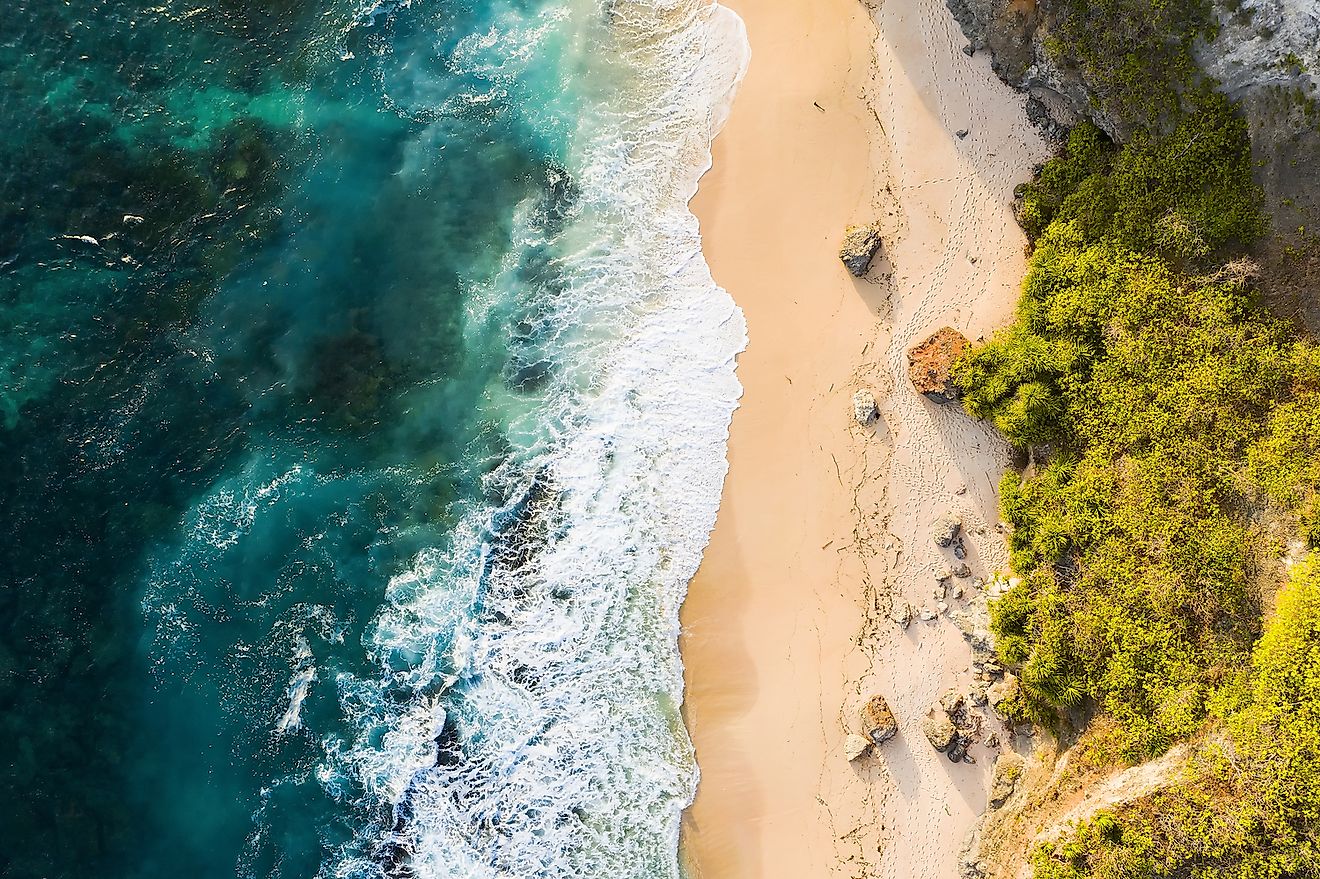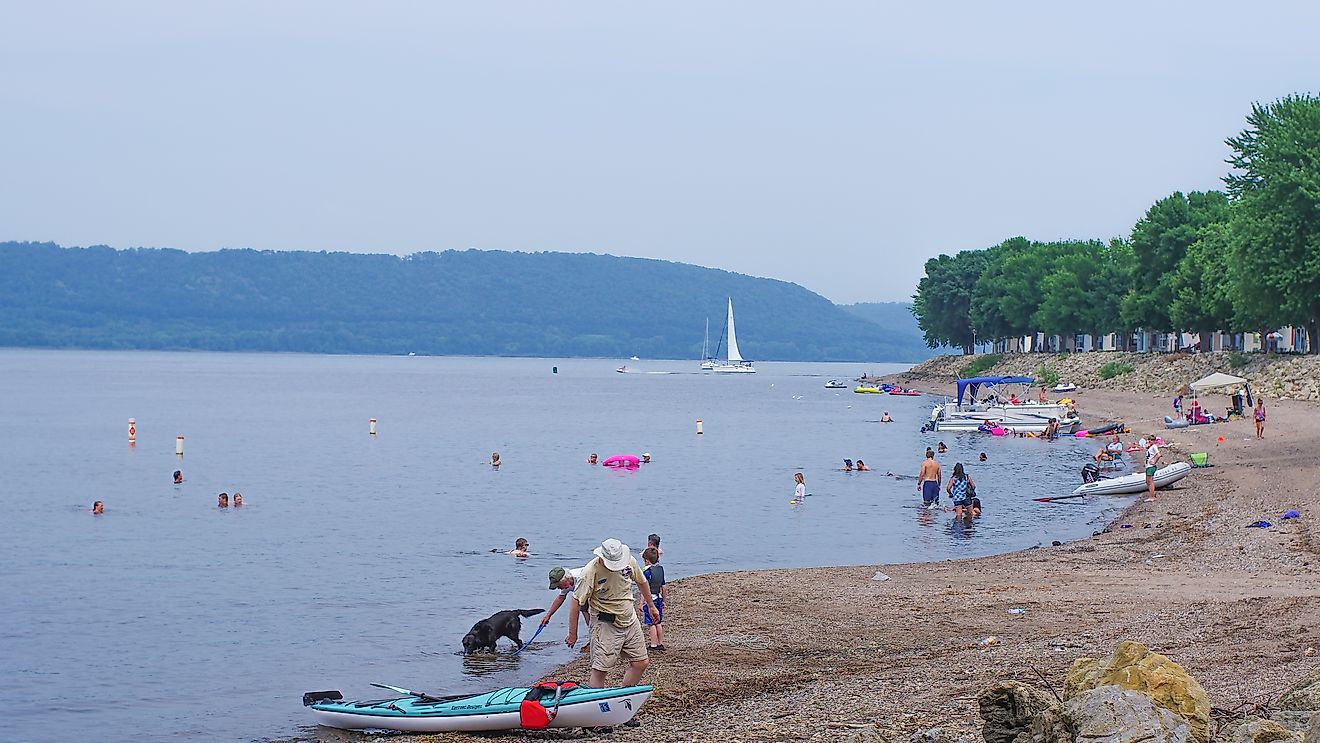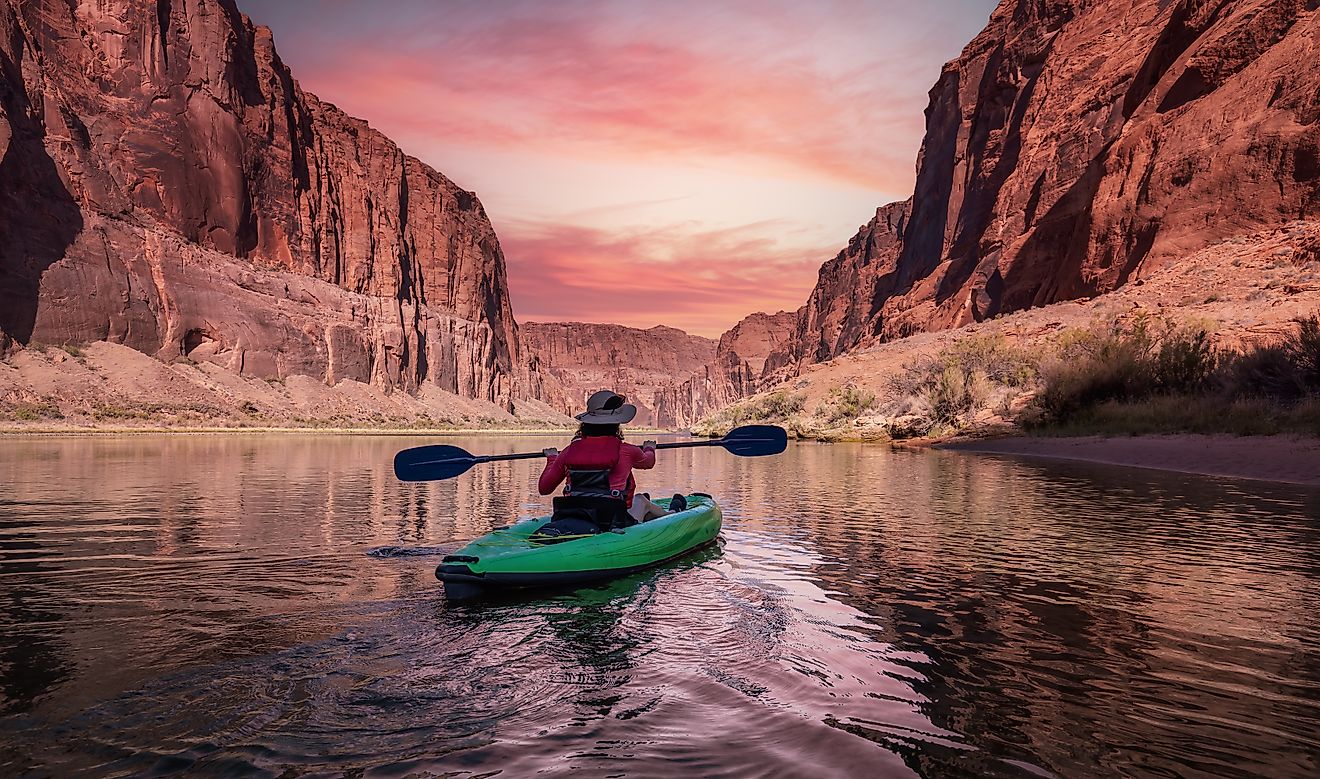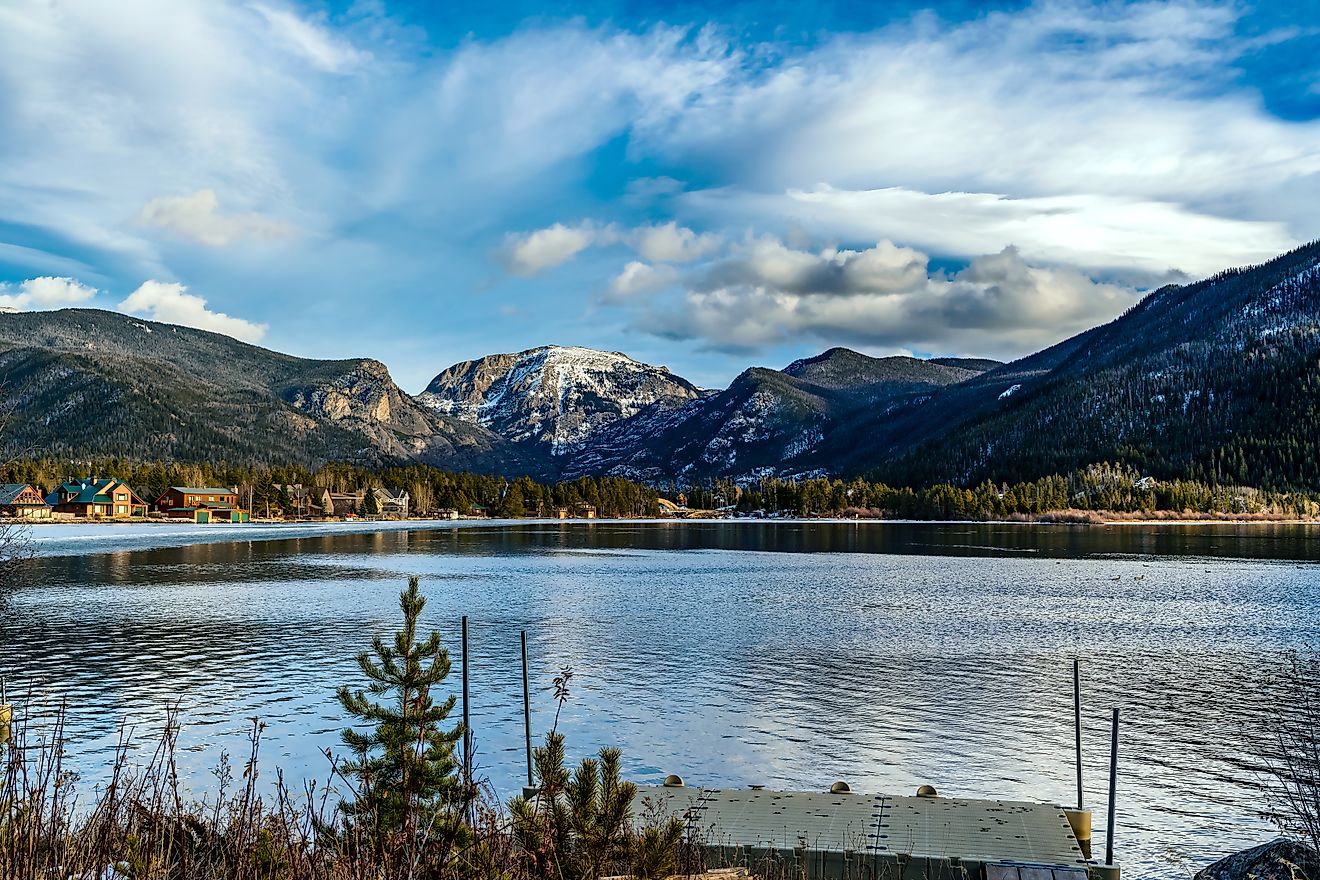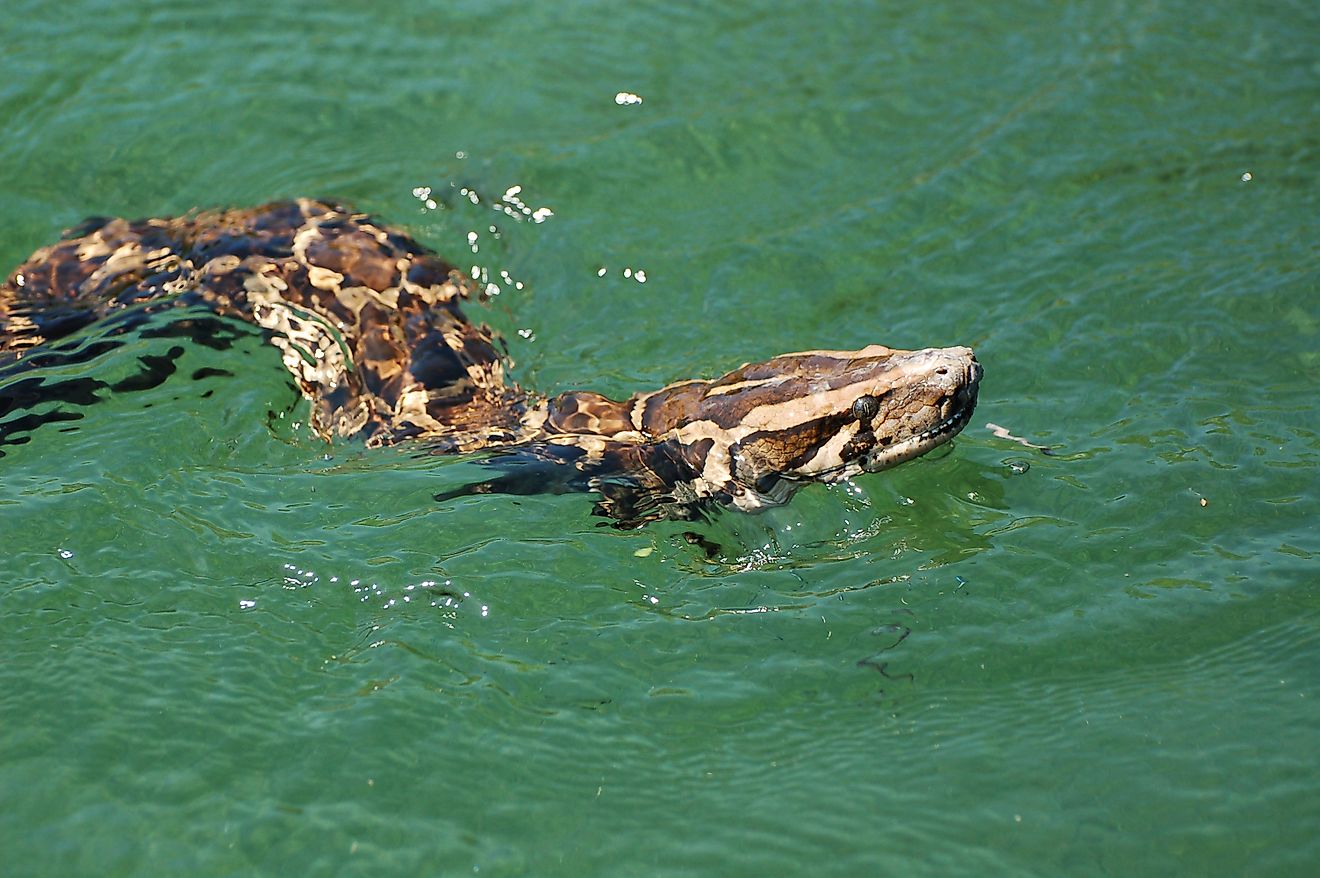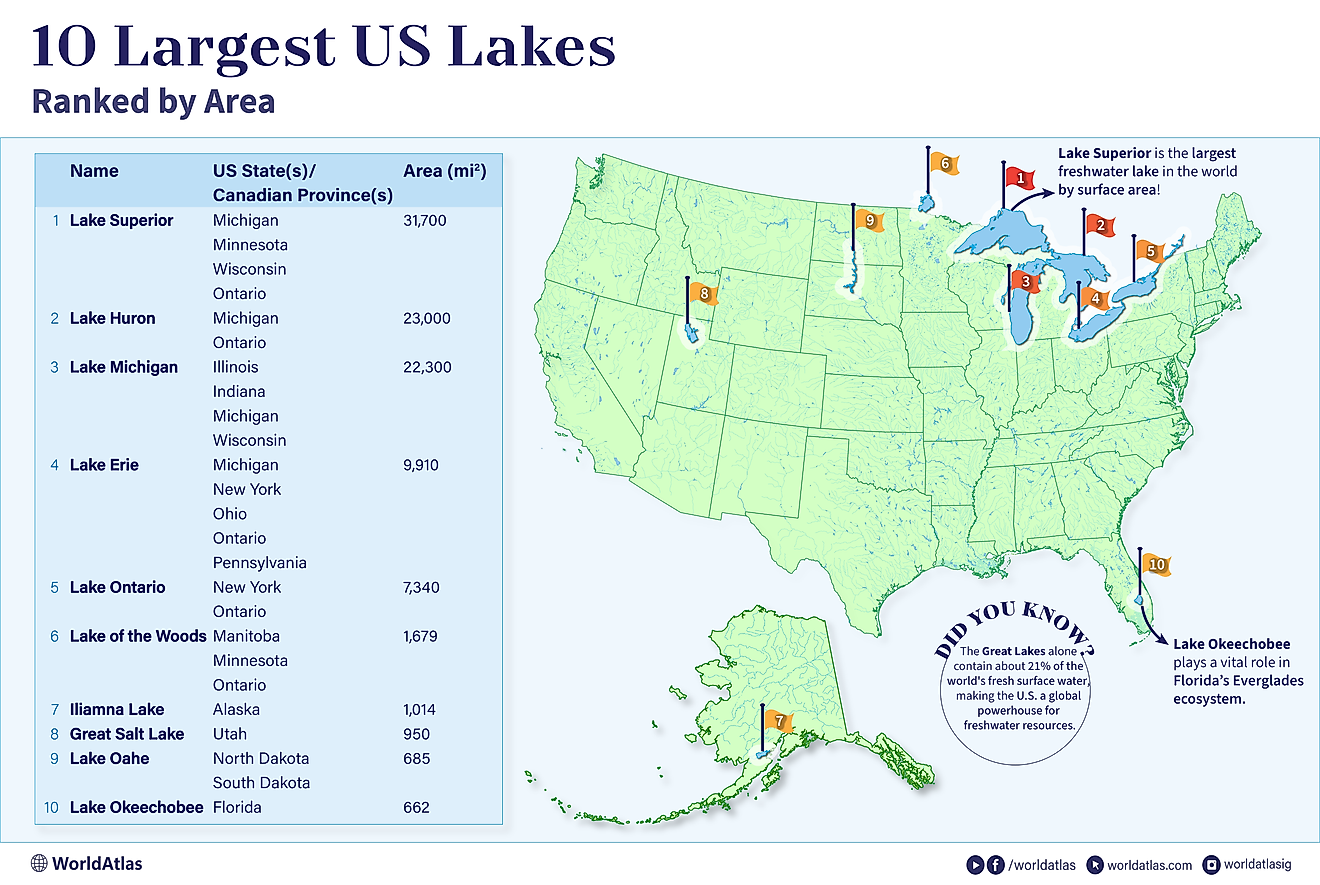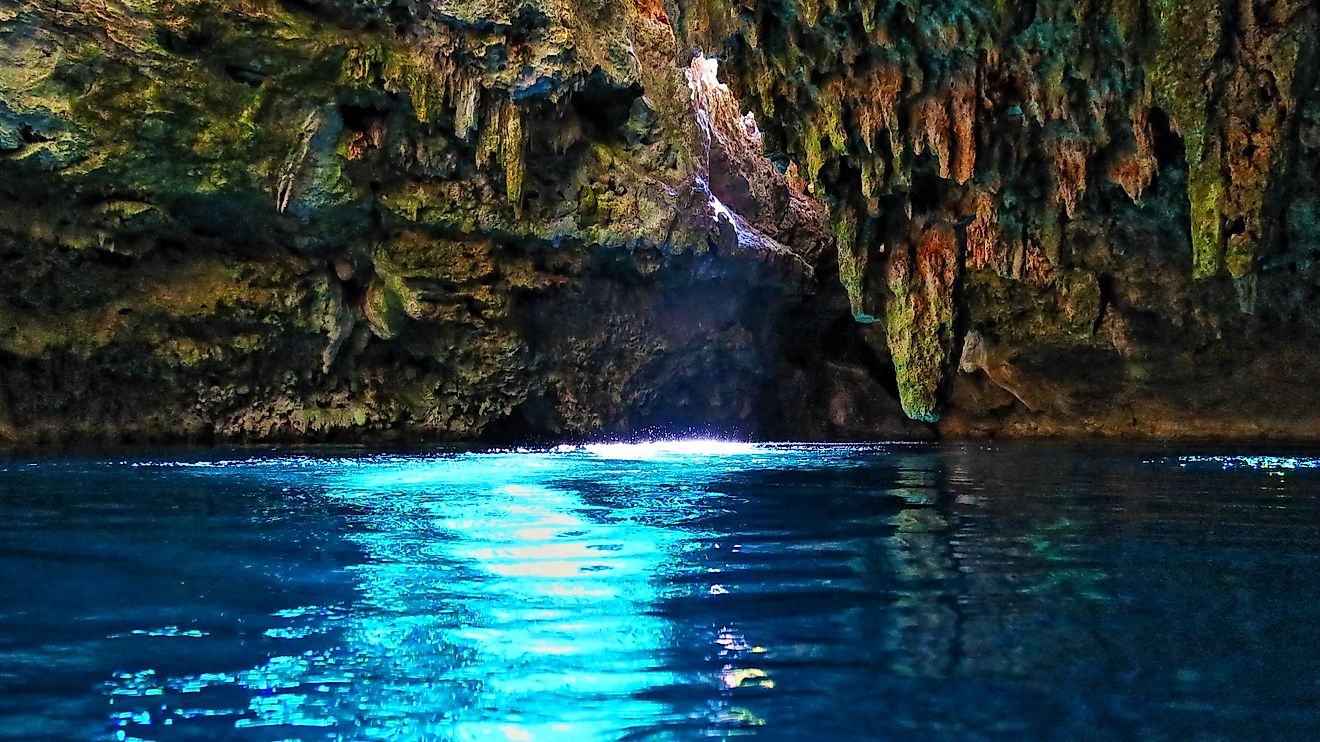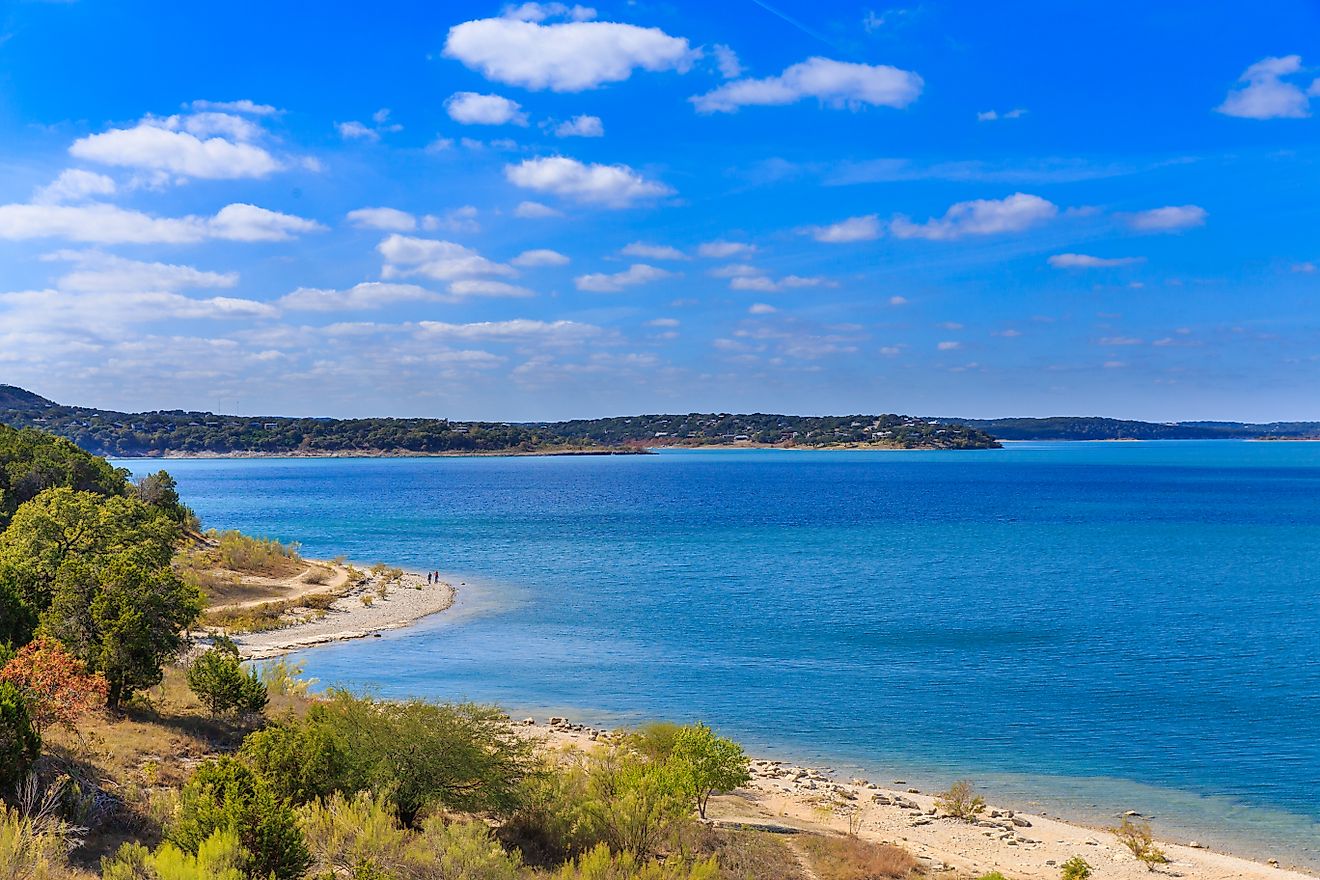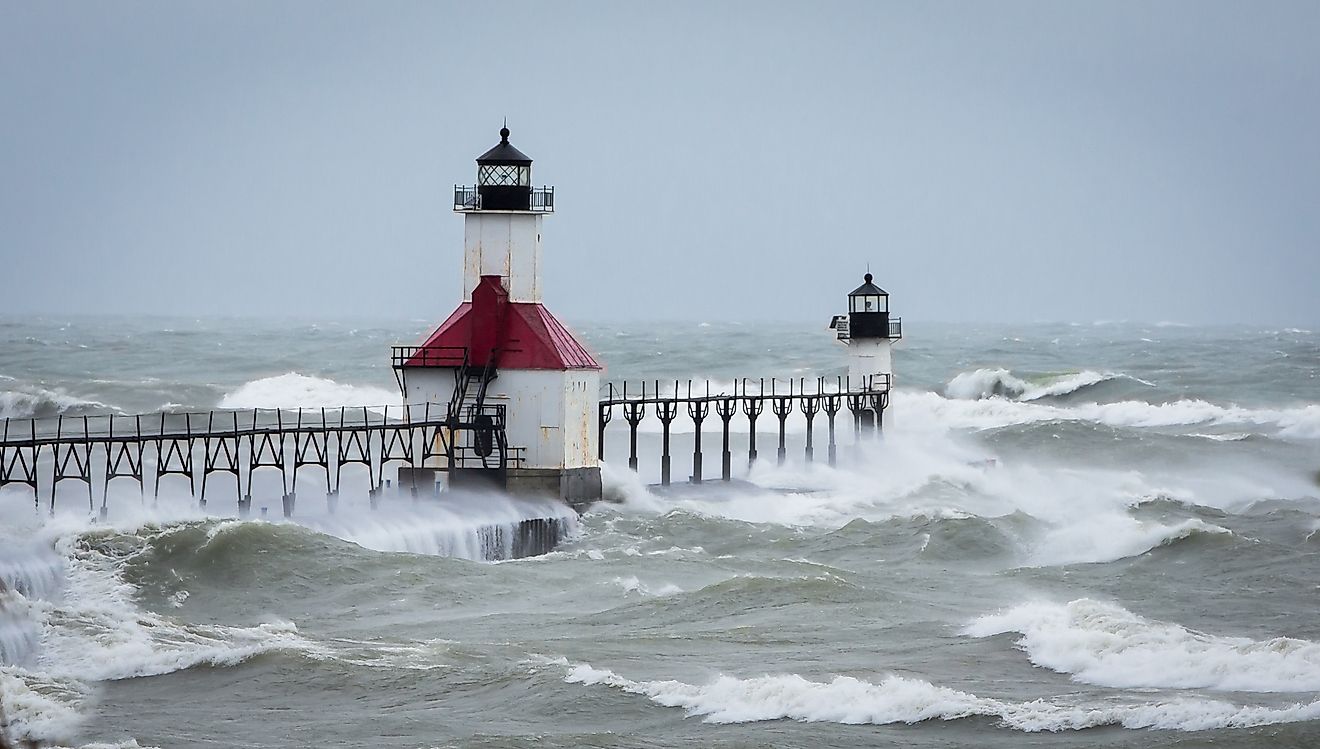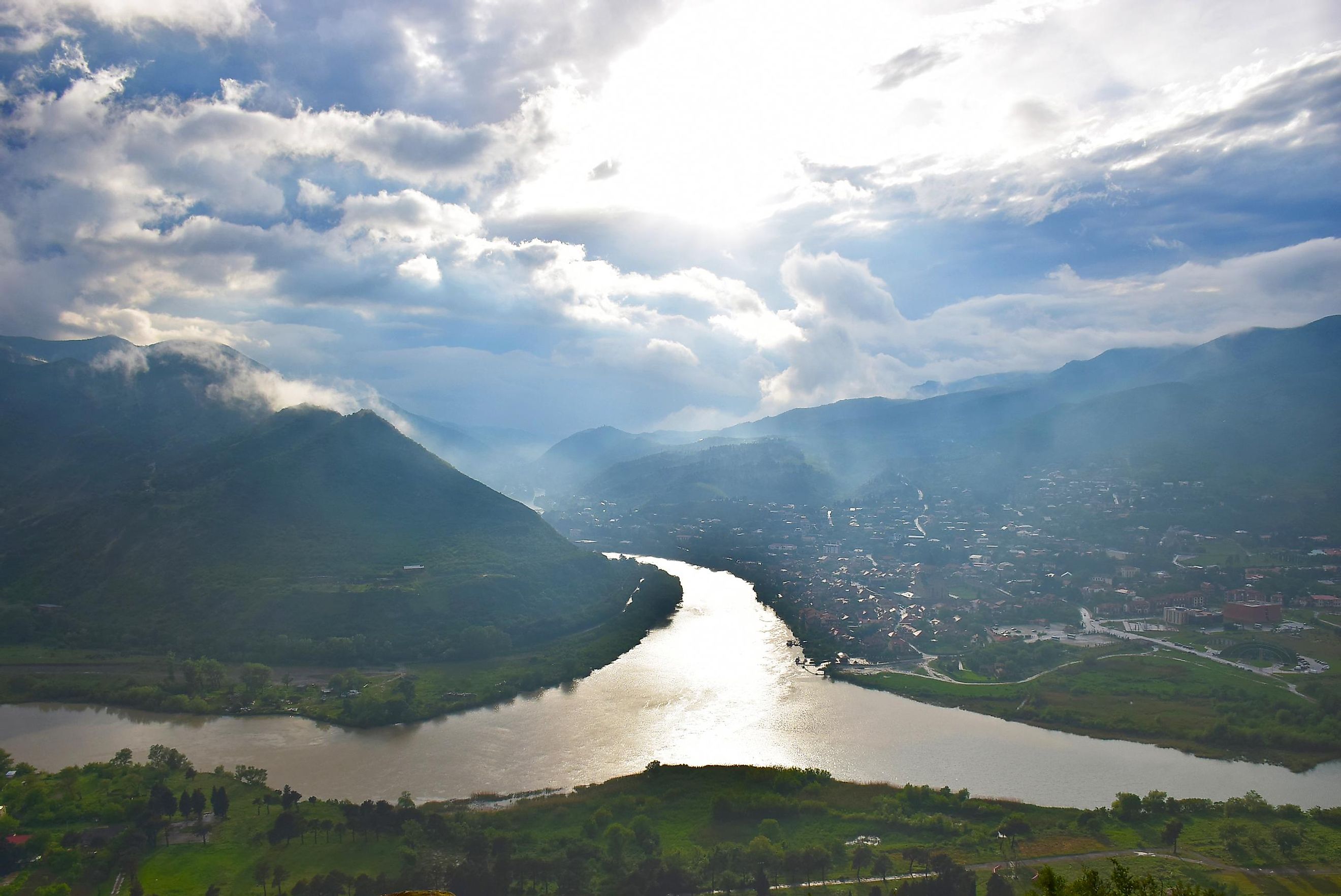
Alazani River
The Alazani River is one of the most significant waterways in the southern Caucasus region. It originates in the Greater Caucasus Mountains and flows through Georgia and Azerbaijan, eventually joining the Kura River and emptying into the Caspian Sea. The Alazani River is a valuable resource for the people living in the region, providing water for irrigation and hydroelectric power. Its cultural and natural heritage attracts visitors from all over the world, making it a popular destination for adventure seekers and nature enthusiasts alike.
Geography Of The Alazani River
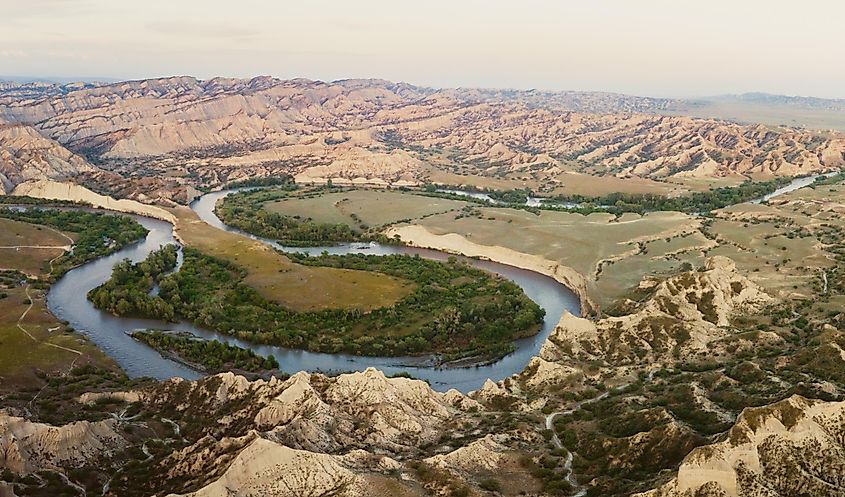
The Alazani River flows through the southern Caucasus region, covering 218 miles (351 kilometers). It originates in the Greater Caucasus Mountains, flowing southeast through the fertile and picturesque landscapes of Georgia and Azerbaijan. Along its course, the river is fed by several tributaries, including the Iori, Ksani, Qabirri, Duruji, and Chanistskali rivers.
The river's geography has played a significant role in the human settlements of the region. The fertile plains surrounding the river have made it an ideal location for agriculture, while the river's natural beauty has attracted tourists from all over the world.
History Of Human Settlements
The Alazani River has been vital to human settlements in the southern Caucasus region for thousands of years. The fertile plains surrounding the river provided ideal conditions for agriculture, with evidence of grape cultivation dating back to the Bronze Age. The river also played a vital role in the region's trade and commerce, with several ancient trade routes passing through the area. The river was a vital link between the eastern and western parts of the region, facilitating the exchange of goods and ideas.
Over the centuries, the river has witnessed the rise and fall of several empires and kingdoms, including the Persians, Arabs, Mongols, and Ottomans. Each of these civilizations has left its mark on the region's culture and traditions, making it a melting pot of various cultures and religions.
Course Of The Alazani River
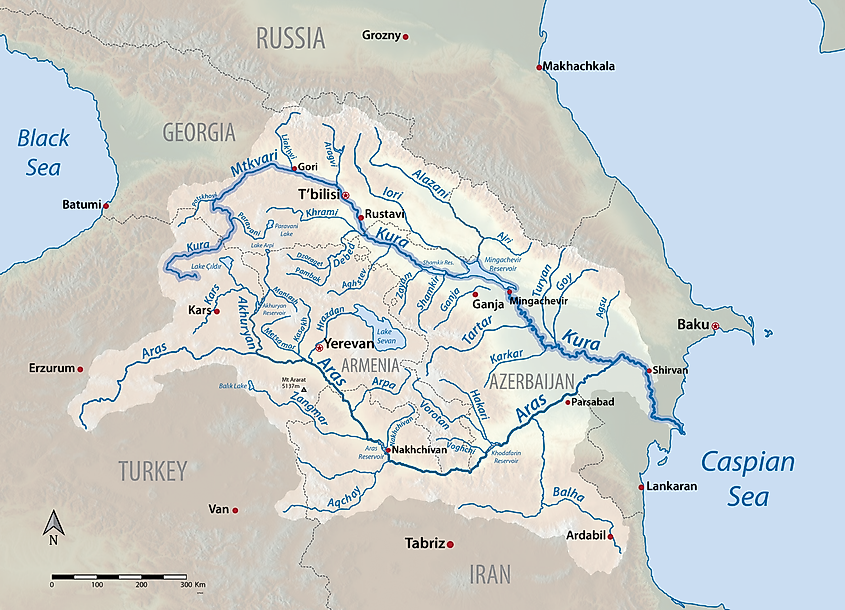
The Alazani River flows through eastern Georgia and western Azerbaijan. In Georgia, the river passes through the cities of Telavi and Kvareli and is bordered by lush vineyards and picturesque landscapes. In Azerbaijan, the river flows through the Balakan, Qazax, and Qabala regions, serving as an essential water source for irrigation. The river's course has also played a significant role in influencing the region's tourism industry. The river is surrounded by several historical sites and natural wonders, such as the stunningly beautiful Greater Caucasus Mountains and the Gremi Citadel and Church Complex in Georgia.
Importance Of The Alazani River
The Alazani River is a vital source of life and energy for the people living in the southern Caucasus region. The river provides water for cultivating various crops, including grapes, cotton, and tobacco. It is also an essential source of hydroelectric power, with several dams and power plants built along its course. The river is also significant for the region's culture and traditions. The fertile plains surrounding the river have been home to human settlements for thousands of years, and the river has played an essential role in shaping the local culture and traditions.
Ecology
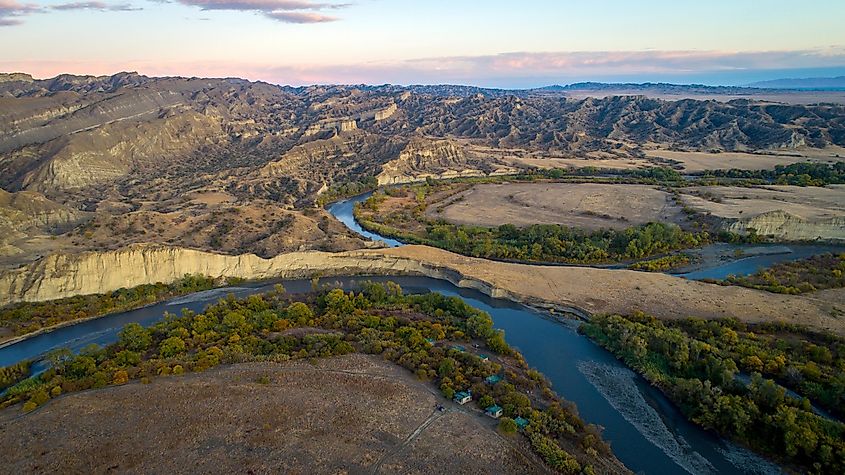
The Alazani River is also home to a variety of plant and animal species. The river's surrounding forests are home to species such as oak, beech, and hornbeam trees, while the river itself is home to several fish species, including trout, sturgeon, and catfish. The river is also a critical habitat for migratory birds, including the Dalmatian pelican, black stork, and white-tailed eagle.
The river's natural beauty and biodiversity have made it an ideal location for ecotourism. Several eco-parks and nature reserves have been established along the river, allowing visitors to explore the region's natural wonders and wildlife.
Tourism
The Alazani River is a popular tourist destination, attracting visitors from all over the world. The river is surrounded by several historic sites and natural wonders, including ancient fortresses, churches, monasteries, and stunningly beautiful landscapes.
The region's tourism industry has grown significantly in recent years, with several new hotels, restaurants, and recreational facilities being established along the river. Visitors can enjoy a range of outdoor activities, such as fishing, kayaking, and rafting, making it an excellent spot for adventure seekers. The surrounding countryside is also popular for hiking, with a number of trails leading through stunning scenery, including the Alazani Valley, the Tusheti National Park, and the Kakheti region.
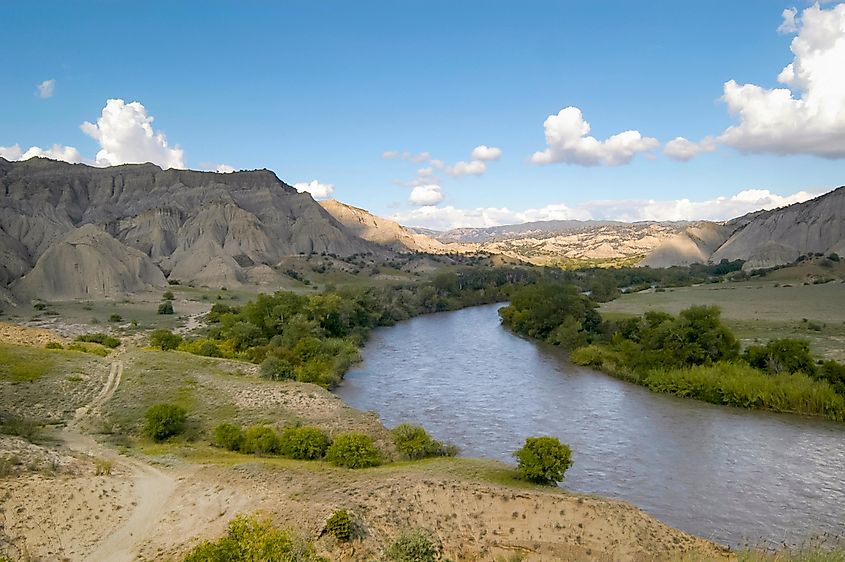
In addition to outdoor activities, the Alazani River is also a popular destination for wine tourism. The river valley is home to a number of vineyards and wineries, producing some of the finest wines in the region. The Georgian wine-making tradition dates back to ancient times, and many wineries in the region still use traditional methods to produce their wine. Visitors can take wine tours and tastings, explore the vineyards, and learn about the history and culture of Georgian wine-making.
While the Alazani River has played a vital role in the region's history and economy, it's important to remember that we must also protect its precious ecology for future generations to enjoy. With the construction of hydroelectric power plants, dams, and irrigation systems, the river's water quality has been threatened in recent years. That's why it's more important than ever to strike a balance between the use of the river's resources and the need to preserve its ecology. Ecotourism is a wonderful option to help make this a reality.
